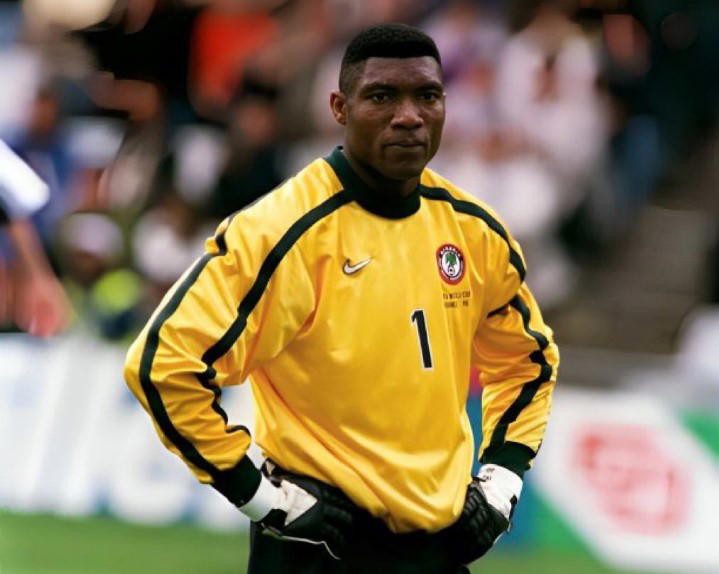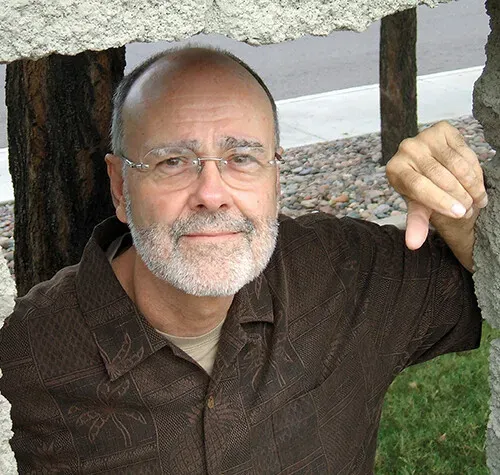Nigerian Football Icon Peter Rufai Dies at 61 After Illness in Lagos Hospital
Peter Rufai, one of Nigeria’s most iconic goalkeepers, has passed away at the age of 61. The former Super Eagles captain and two-time World Cup veteran died early Thursday morning around 6 a.m. (WAT) in a hospital in Lagos, Nigeria, following an illness that had kept him unwell for several weeks.
The heartbreaking news was confirmed by Waidi Akanni, a close friend and former international teammate, who revealed that Rufai, affectionately known by fans as "Dodo Mayana", had been moved to the mortuary shortly after his passing. His death has sparked an outpouring of grief across the Nigerian football community.
The Nigeria Football Federation (NFF) responded with shock and sorrow. NFF President Ibrahim Gusau, who had seen Rufai just a week prior, shared that the former goalkeeper appeared frail but insisted he was fine. General Secretary Dr. Mohammed Sanusi expressed deep disbelief, noting that many were unaware he had been ill and offered prayers to comfort his family and the wider Nigerian football family.
Born on August 24, 1963, Rufai enjoyed a storied international career spanning 17 years, earning 65 caps for Nigeria. He made his debut in December 1981 and quickly rose to prominence, known for his agility, composure, and commanding presence between the posts. Rufai was the first-choice goalkeeper for Nigeria during the 1984, 1988, and 1994 Africa Cup of Nations (AFCON) tournaments. He helped secure the 1994 AFCON title in Tunisia, a historic victory that solidified his legendary status, following previous silver medals in 1984 and 1988.
Rufai’s heroics in penalty shootouts remain etched in memory. In the 1988 AFCON semifinal, he saved a crucial penalty from Lakhder Belloumi, propelling Nigeria to the final. Six years later, during the 1994 AFCON semifinal against Ivory Coast, he once again delivered in the shootout, saving a penalty from Armani Yao, paving the way for Rashidi Yekini to net the winner and send Nigeria into the final.
At the 1994 FIFA World Cup in the United States, Nigeria’s first-ever appearance at the global tournament, Rufai wore the captain’s armband and led the Super Eagles to the Round of 16, a feat he repeated at France '98 as the team’s No. 1. His leadership and performances on the world stage earned him immense respect and admiration, both at home and internationally.
Rufai also represented Nigeria at the 1980 and 1988 Olympic Games, showcasing his dedication to national service from an early age. His club career began as a teenager with Stationery Stores, a Lagos-based side that reached the 1980 Nigeria FA Cup final. Despite their narrow loss to Bendel Insurance, Rufai’s brilliance helped the team qualify for the 1981 African Cup Winners’ Cup, where they finished runners-up to Union Douala of Cameroon.
He later moved abroad, enjoying a distinguished two-decade career across Europe. He played for Lokeren and Beveren in Belgium, Go Ahead Eagles in the Netherlands, Farense in Portugal, and Hércules and Deportivo La Coruña in Spain, gaining recognition as one of Nigeria’s most successful exports in goalkeeping.
Following his retirement, Rufai continued to contribute to the sport through coaching. He ran a goalkeeping academy in Nigeria and Spain, mentoring the next generation of shot-stoppers and sharing the wealth of his international experience.
His death marks a somber moment in Nigerian football history. Rufai becomes the sixth member of the beloved USA ’94 Super Eagles squad to pass away, following Uche Okafor, Thompson Oliha, Rashidi Yekini, Stephen Keshi, and Wilfred Agbonavbare, the team’s former backup goalkeeper.
The legacy of Peter Rufai lives on through his achievements, his influence on the pitch, and the countless lives he inspired as a player, mentor, and national icon. His name will forever be associated with the golden era of Nigerian football.





COMMENTS (0)
Sign in to join the conversation
LOGIN TO COMMENT